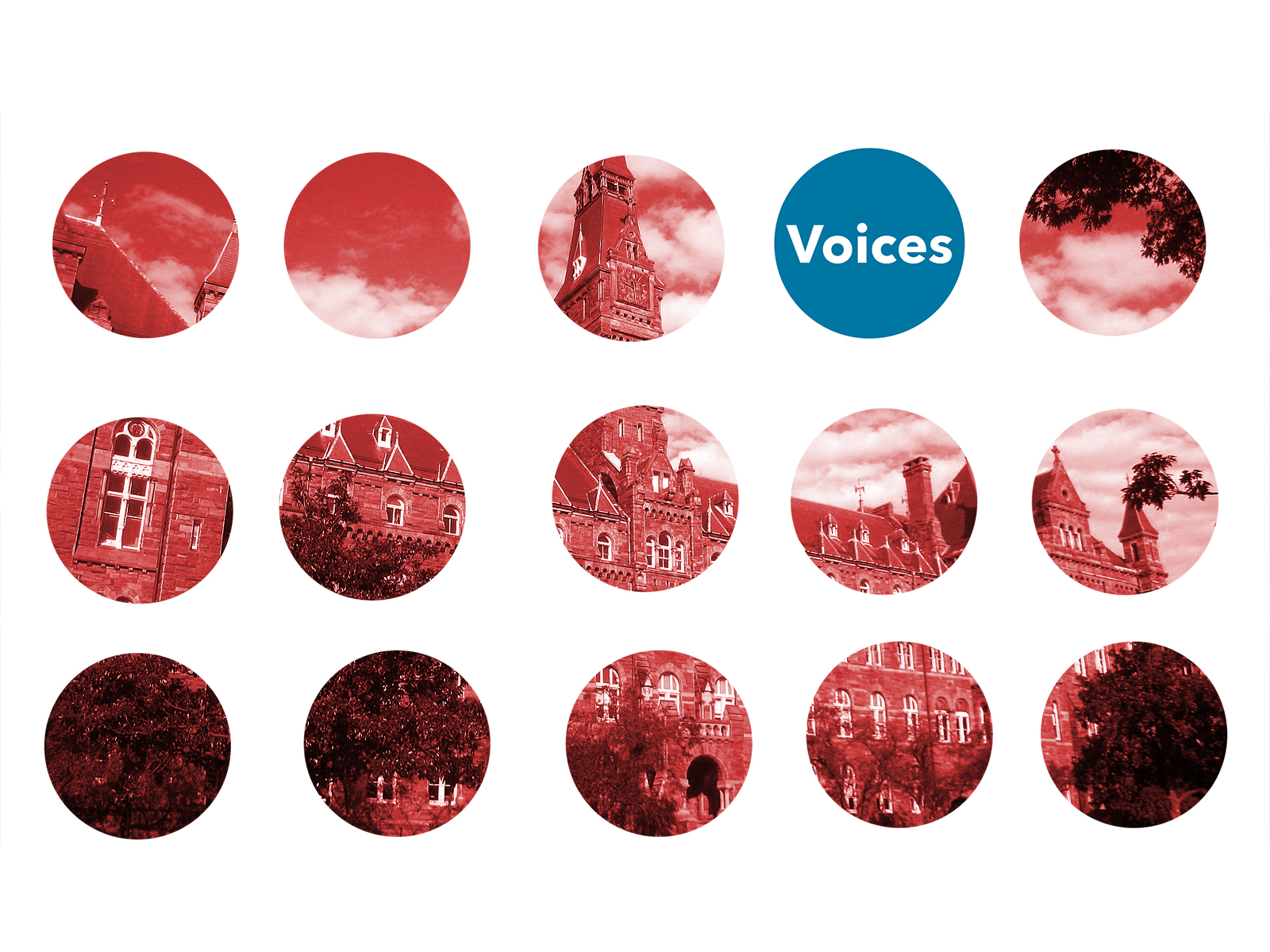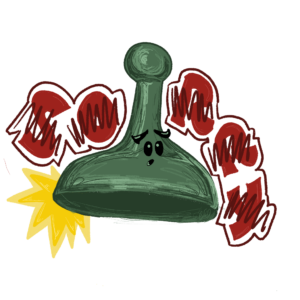As a woman in science, I consider myself extraordinarily blessed by my upbringing. Throughout my childhood and early education, I never perceived any indication that women were less capable of science, that women did not have a place in science, or even that women were a minority in the field of science.
In elementary school, my teachers congratulated me on my interest and aptitude in this area of study. By the time I reached high school, I was surrounded by women in science, technology, engineering, and math (STEM). Nearly all of my closest female friends aspired to be doctors, researchers, or engineers. By this point, I had been notified by a number of sources that women were outnumbered in science—news articles, personal anecdotes, and male scientist characters in pop culture—but none of this data seemed convincing enough to actually impact my career trajectory as a physicist.
The first intimation of my proximity to the issue came late in my senior year of high school. On an empty spring afternoon spent wandering the halls, I found myself in conversation with a ninth-grade Earth Science teacher, whom I only knew through a friend. As the teacher and I shared an interest in astronomy, I expressed my aspiration to major in physics at Georgetown and to one day work for NASA. He was intrigued by my interest, and noted how “cool” it was that I wanted to study space—especially since, judging by my appearance, I didn’t seem like someone he would expect to pursue science or excel academically. He was amazed that I was second in my class. “Looking at you, I would expect at most a 3.0 GPA, maybe a 3.5,” he said shortly after noting that I looked like Jenny from Forrest Gump. In that moment, I didn’t surmise that it had anything to do with the fact I was female—I only thought it meant I didn’t have the stereotypical horn-rimmed glasses, pocket-protector, button-down shirt, or whatever the men in the old, black and white photos of physicists wear.
Over the course of my freshman year of college, prejudice against women in science has become frighteningly more apparent. Although the small number of physics majors in my own class is approximately gender-balanced, the young women I met at the American Physical Society Conference for Undergraduate Women in Physics explained that females accounted for less than one tenth of physics majors at their respective colleges. As a result, these incredible female students felt they had to work twice as hard in class just to prove themselves—to their professors and peers of all gender identities, and even to themselves. Even with remarkable grades, they felt painfully out of place.
Georgetown is not an exception. The impact of gender bias—whether outwardly or subconsciously—subtly permeates aspects of everyday interactions in and outside of the science classroom. I have witnessed male students aggressively and disrespectfully challenge female science professors on basic concepts during lectures. I have witnessed students ask for assistance from both male and female peers, who often express skepticism toward the female student and confidence toward the male student’s almost identical explanation. I have listened to personal accounts from my female classmates, who have experienced sexism in the lab, where they are criticized more frequently than male counterparts.
The process of erasing gender bias from our local, national, and global community of science is one of building confidence and respect, thereby uprooting cultural instances of prejudice and forming a more inclusive society. Fortunately, our most powerful agents of change are already present all over the world: female scientists themselves. If adults witness women thriving as scientists and children are raised in a world that never takes either gender identity or biological sex as a qualification, our culture will continue to move in a positive direction. Today, I encourage my fellow women in science to have courage and to remember that talent is not contingent upon what others think and say. When you succeed, the truth will be clear.
Emily is a freshman in the College.





